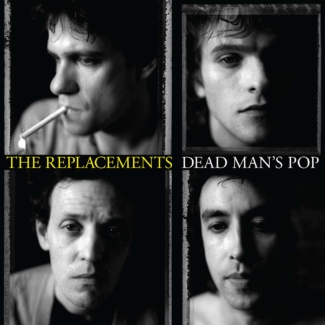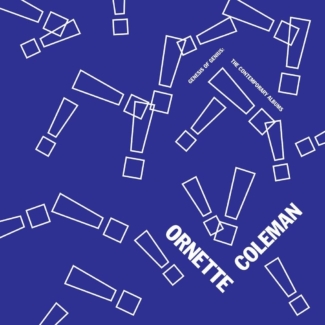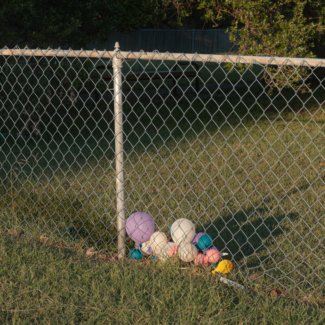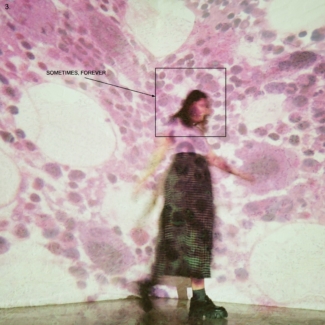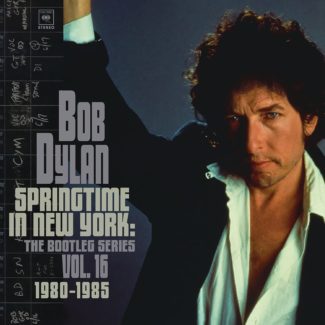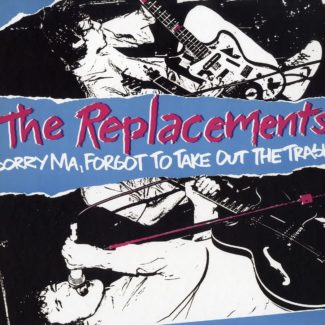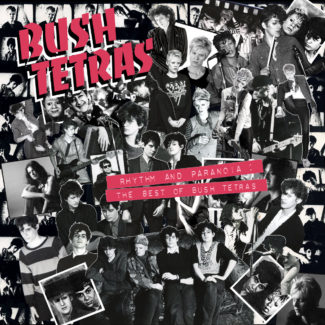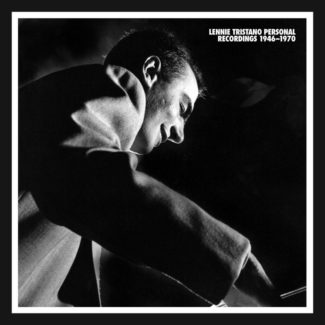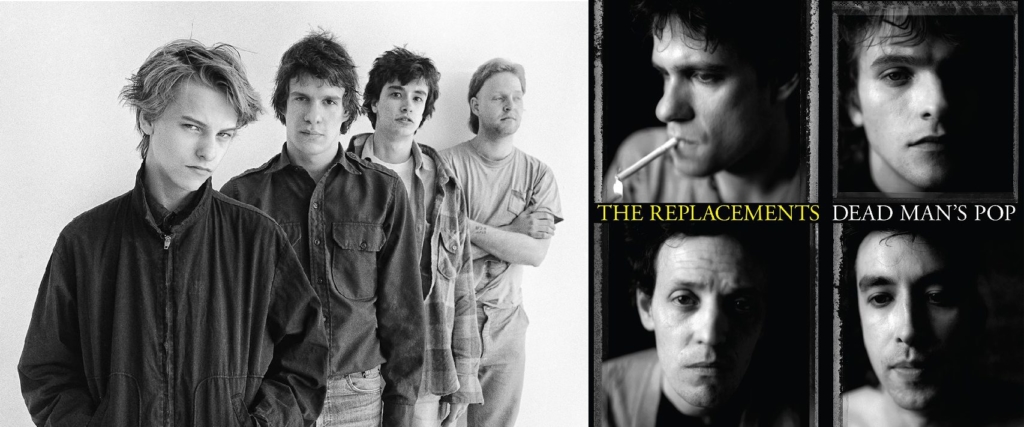
On the surface, this seems like an oddity – a 4-CD, 1 LP box set based around the band’s most contentious album, 1989’s Don’t Tell A Soul. The slick, effects-laden final mix made Soul an outlier in band’s catalog – both band and critics hated it. But it was also their best-selling album, and not without its fans. By giving producer Matt Wallace a chance to mix the album that was initially taken away from him thirty years ago, this is an attempt to rewrite history.
The Replacements were always a band that couldn’t get out of their own way. Drunken anarchy followed them wherever they went. Yet Paul Westerberg’s don’t- give-a-fuck attitude hid a songwriter that clearly did. The same could be said for the band. The Replacements had been around for ten years at this point, Westerberg was nearing thirty. Their previous two major label albums, Tim and Pleased To Meet Me had done well enough to earn them a contract extension. But peers like R.E.M. were quickly outpacing them, and everyone, including the band, was hoping for more this time out. There was pressure on all fronts.
Yet the long Pleased tour had left the band spent – in part due to their antics – and the songs Westerberg found himself writing in the tour’s wake were darker and more reflective. They were also some of the best of his career. Dead Man’s Pop was the project’s working title, born from Westerberg’s fear that his ragged melodic rock was no longer in vogue. He fretted his new songs weren’t right for the band. On top of that, they couldn’t find a producer. Champion bridge-burning had left them with a shortlist. They’d already bailed on an aborted, expensive session at New York’s Bearsville with producer Tony Berg. They finally settled on Matt Wallace, a young, unproven producer (he would later click with Faith No More). Somehow, he hung in the ‘Mats typhoon long enough for things to click, and eventually, they got the album done. But having no real track record, the label gave the mixing duties over to Chris Lord-Algae, who specialized, in his own words, at ‘songs on steroids’. It was an ill fit.
It’s hard to undo thirty years of aural muscle memory, and stripped of cannon-shot drums, cheesy guitar effects and sped-up tempos, Wallace’s mix at first sounds modest. The songs and performances are still the same, after all. But he’s accomplished something crucial – he’s slipped right back into Westerberg’s mindset decades ago. It finally sounds like a Replacements album, and with songs like “Darlin’ One”, “Achin’ To Be”, “I’ll Be You”, and “They’re Blind” in the mix, one of their better ones.
The second disc is the most dispensable: all outtakes, including the classic apologia “Portland”, the Bearsville sessions (interesting but most are missing any real spark) and a newly discovered drunken late night session with mutual admirer Tom Waits (fun to hear – once, anyway).
Better yet are discs three and four, an entire concert, titled Inconcerated Live, from the 1989 Soul tour recorded in Madison WI. Only five of these songs have been previously released. Live albums from the Replacements are few and far between (one of the first, 1985’s cassette-only Shit Hits The Fans, was recorded here at Liberty Lunch and released by Austin’s Roscoe Shoemaker. The excellent 1986 set from Hoboken, For Sale, wasn’t released until 2017). Listening to the songs from the box set on shuffle play, the electricity of these live tracks stuns you when they pop on. You think: What happened to THIS band? With the possible exception of Let It Be, they never found this power in the studio. One classic after another mixes in with Slade, Johnny Thunders and Only Ones covers, in exhilarating fashion. They knew the tape was rolling in Madison, so they at least tried to, you know, actually finish most of the songs. Still, it’s far from perfect. The ‘Mats were never about that. Chaos was a part of the package, and it stayed that way until the end. The Replacements would only have one more album left in them, All Shook Down, essentially a Westerberg solo project. Aside from a brief reunion a few years back, they were done. They may have never scaled the charts, but they were, for a time, one of this country’s greatest rock and roll bands. And on that point alone, Dead Man’s Pop sets the record straight.
Review by Jeff McCord
